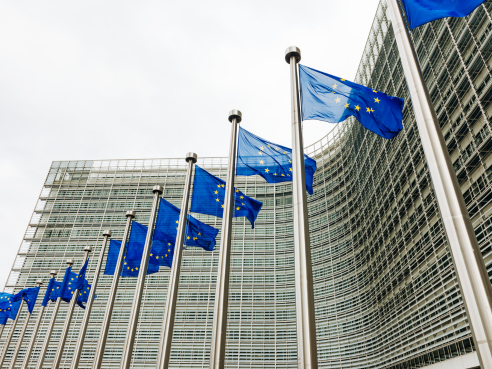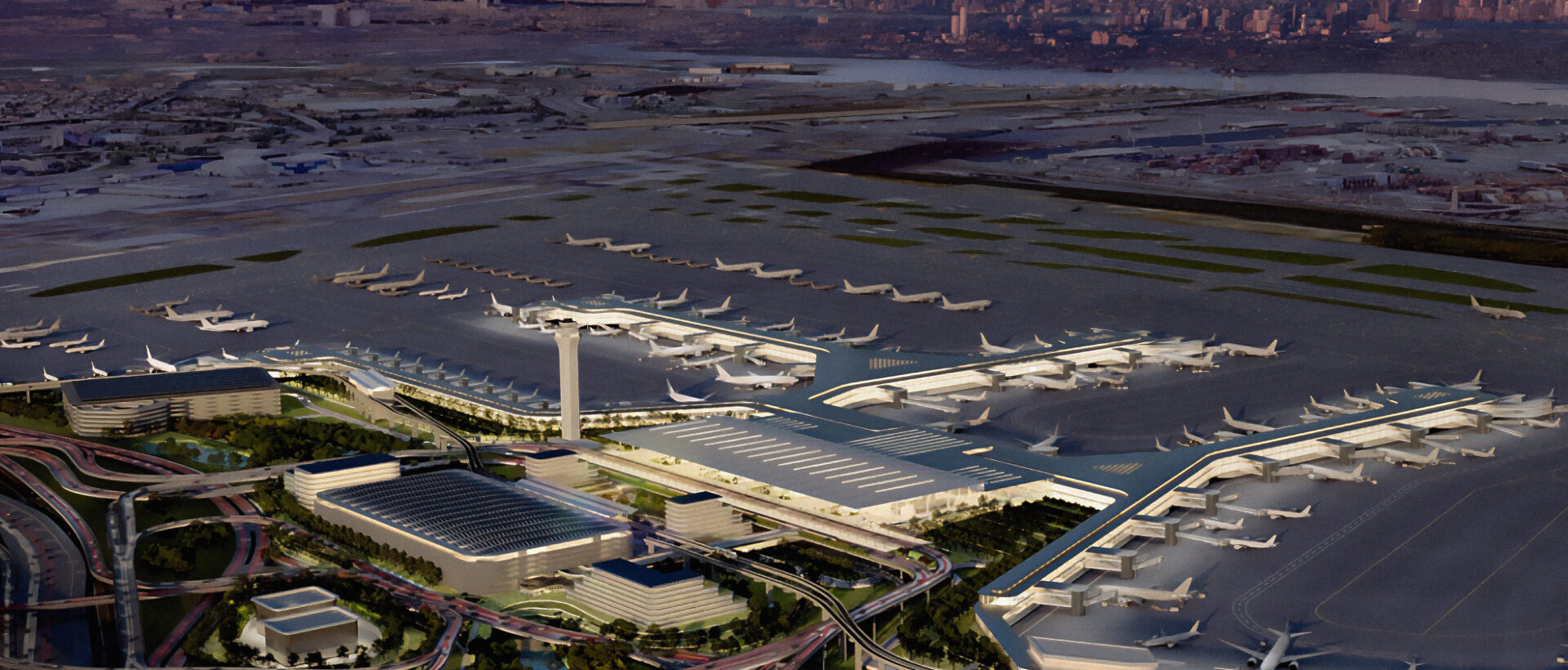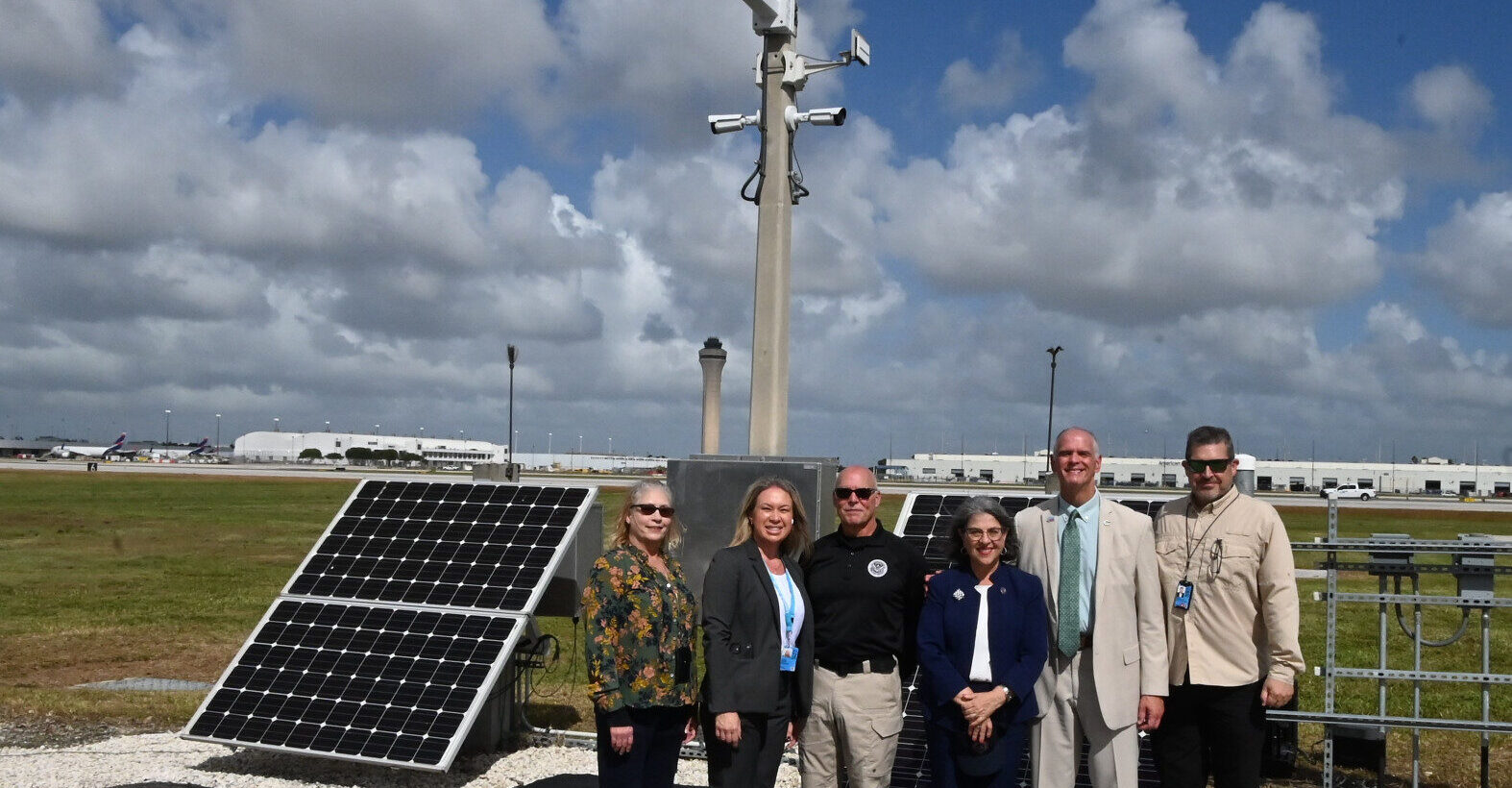The Department of Homeland Security (DHS) has released a set of recommendations for the safe, secure and controlled development and deployment of Artificial Intelligence (AI) in critical infrastructure in the United States.
The voluntary framework, dubbed the Roles and Responsibilities Framework for Artificial Intelligence in Critical Infrastructure, was developed to provide assistance for entities at multiple levels within the AI supply chain, including cloud and compute providers, critical infrastructure owners & operators, AI developers and both civil society & public sector bodies tasked with protection and advocation of customers.

The framework, which joins other works carried out by the Administration of AI safety and advances existing guidance from the White House, the AI Safety Institute, the Cybersecurity and Infrastructure Security Agency, among others, was developed following recommendations made by the Artifical Intelligence Safety and Security Board, an advisory committee established by DHS Secretary Alejandro N. Mayorkas, recognised the need for clear guidance on roles within the field, as well as how best they can be deployed to serve critical infrastructure in the country.
Ed Bastian, CEO, Delta Air Lines, said:I would like to thank the Board for their leadership in developing this important Framework and appreciate the opportunity to provide input that reflects critical infrastructure needs. AI holds the promise to create significant opportunities for our world, but we must ensure the technology is deployed thoughtfully and responsibly.
The Framework, developed through countless hours of collaboration and negotiation, provides a foundation for how business, government, and all segments of our society can work together to enhance accountability, integration, and cooperation. I’m looking forward to continued work with our partners in this effort.
The board, which was formed by Secretary Mayorkas on the direction of President Biden, consists of a group of AI leaders representing industry, academia, civil society and the public sector, and with the publishing of the framework aims to improve the delivery of critical services, enhance trust and transparency among various entities, protect civil rights and liberties, advance AI safety and aid the operationalisation of safety and security practices.
By identifying three key segments of AI safety and security vulnerabilities in critical infrastructure (attacks using AI, attacks targeting AI and design and implementation failures), the DHS hopes to address potential threats by implementing several guidelines within the framework. These include the following recommendations:
- Encourage cloud and compute infrastructure providers to support both customers and processes further along the AI development process via the monitoring of anomalous activity, as well as establishing clear solutions for those looking to report suspicious activity
- Recommend AI developers utilise a ‘Secure by Design’ approach, evaluate dangerous capabilities of AI technology models and ensure technology aligns with human-centric values, as well as implement strong privacy practices
- Encourage critical infrastructure bodies to take an active role in AI system performance monitoring, ensuring results are distributed to AI developers and researchers in order to better understand correlations between model behaviour and real-world results
- Stress the importance of civil society’s continued engagement on standards development and government & industry, as well as research on AI evaluations in the context of critical infrastructure and its associated use cases, envisioning an active role for civil society in informing values and safeguards shaping AI system development and deployment
- Encourage continued cooperation between the federal government and international partners in order to protect international citizens & resume collaboration across all levels of government to fund and support the advancement of foundational research on AI safety and security
Wes Moore, Governor of Maryland, said:Artificial Intelligence technology is already here. The only question is whether we choose to be proactive or reactive when it comes to leveraging the benefits of AI and guarding against vulnerabilities.
I applaud the Biden-Harris Administration and the work of the U.S. Department of Homeland Security’s AI Safety and Security Board for their commitment to seizing this moment and putting forth a responsible Framework that will benefit the American people. In partnership, Maryland will continue to work with federal leaders to unlock the power of innovation so we can deliver real results for our communities.











